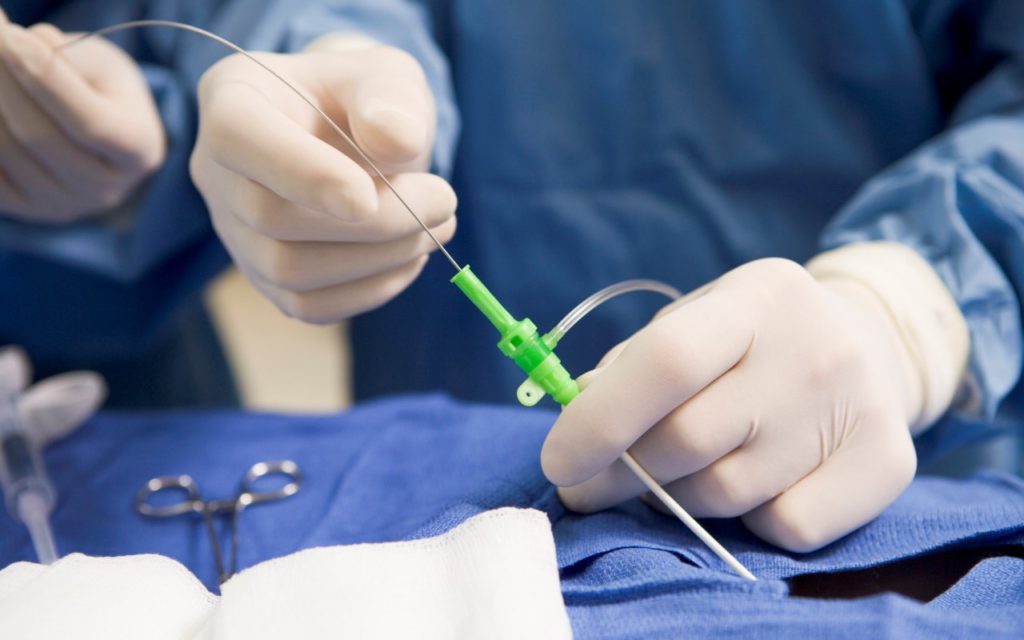Just like any other specialised treatment, hip replacement surgery in Kenya needs an experienced surgeon like Dr. Adari who comes with years of experience.
Educated both in Kenya and outside Kenya, Dr. Adari has handled quite a number of hip surgeries.
Hip replacement has become necessary for your arthritic hip: this is one of the most effective operations known and should give you many years of freedom from pain.
Once you have arthritis which has not responded to conservative treatment, you may well be a candidate for total hip replacement surgery.
Arthritis
Arthritis is a general term covering numerous conditions where the joint surface (cartilage) wears out. The joint surface is covered by a smooth articular surface that allows pain free movement in the joint. This surface can wear out for a number of reasons, often the definite cause is not known. When the articular cartilage wears out, the bone ends rub on one another and cause pain. There are numerous conditions that can cause arthritis and often the exact cause is never known. In general, but not always, it affects people as they get older (Osteoarthritis).
Other causes include
- Childhood disorders e.g., dislocated hip, Perthe’s disease, slipped epiphysis etc.
- Growth abnormalities of the hip (such as a shallow socket) may lead to premature arthritis
- Trauma (fracture)
- Increased stress e.g., overuse, overweight, etc.
- Avascular necrosis (loss of blood supply)
- Infection
- Connective tissue disorders
- Inactive lifestyle- e.g., Obesity, as additional weight puts extra force through your joints which can lead to arthritis over a period of time
- Inflammation e.g., Rheumatoid arthritis












